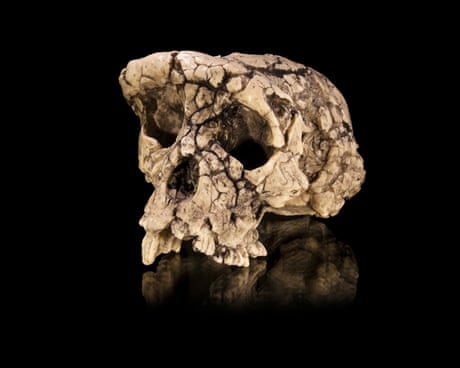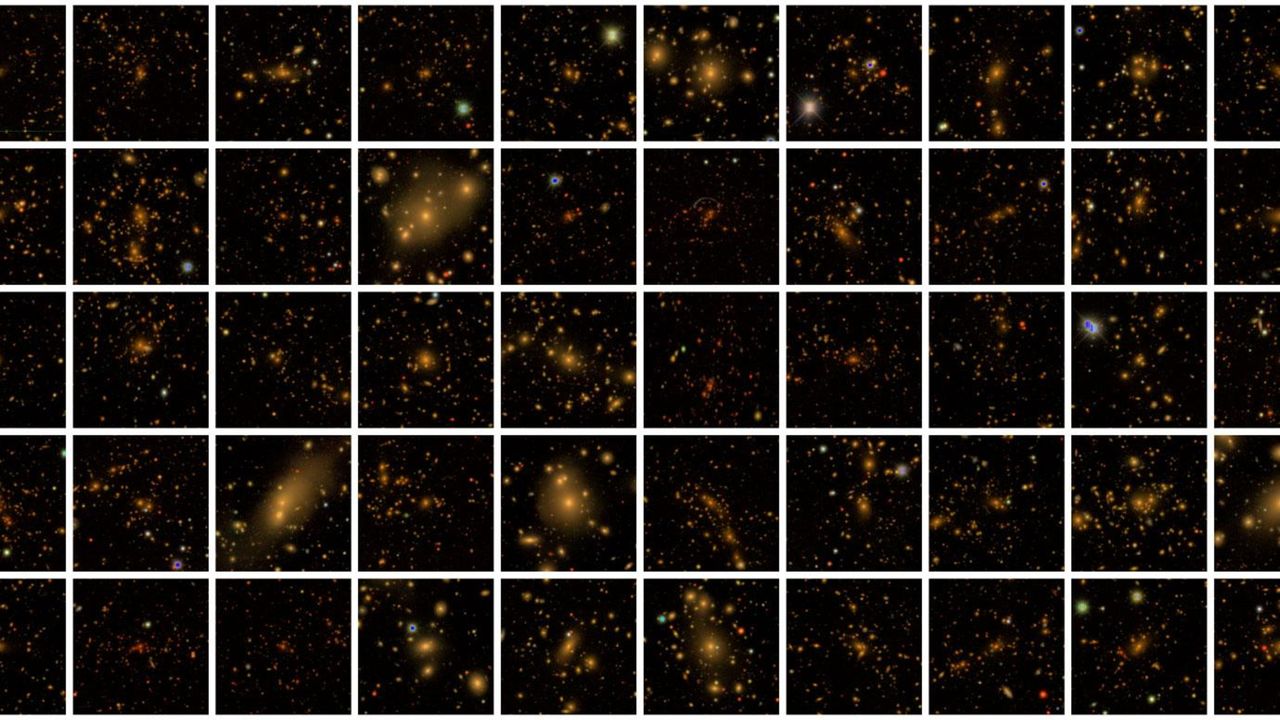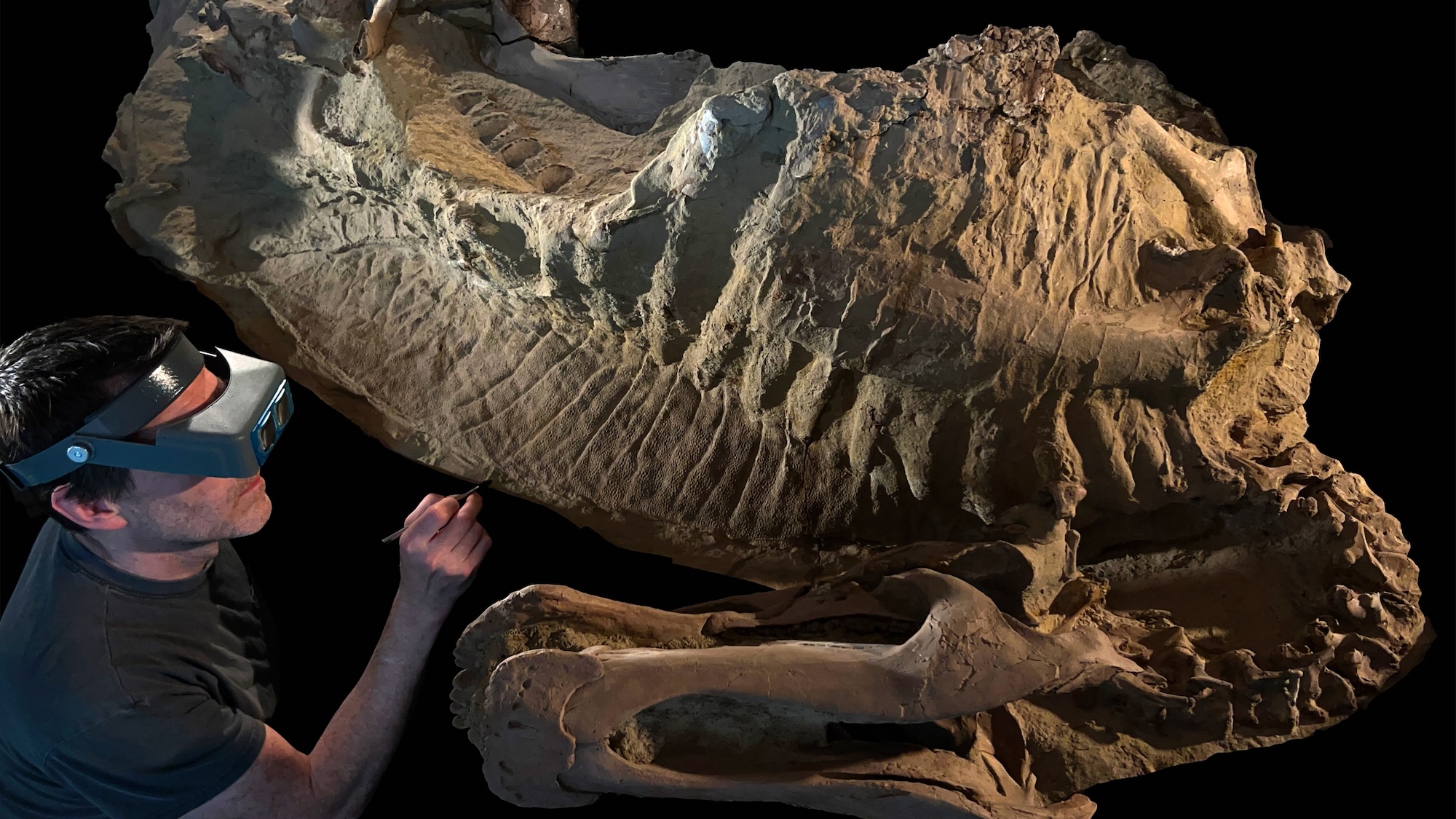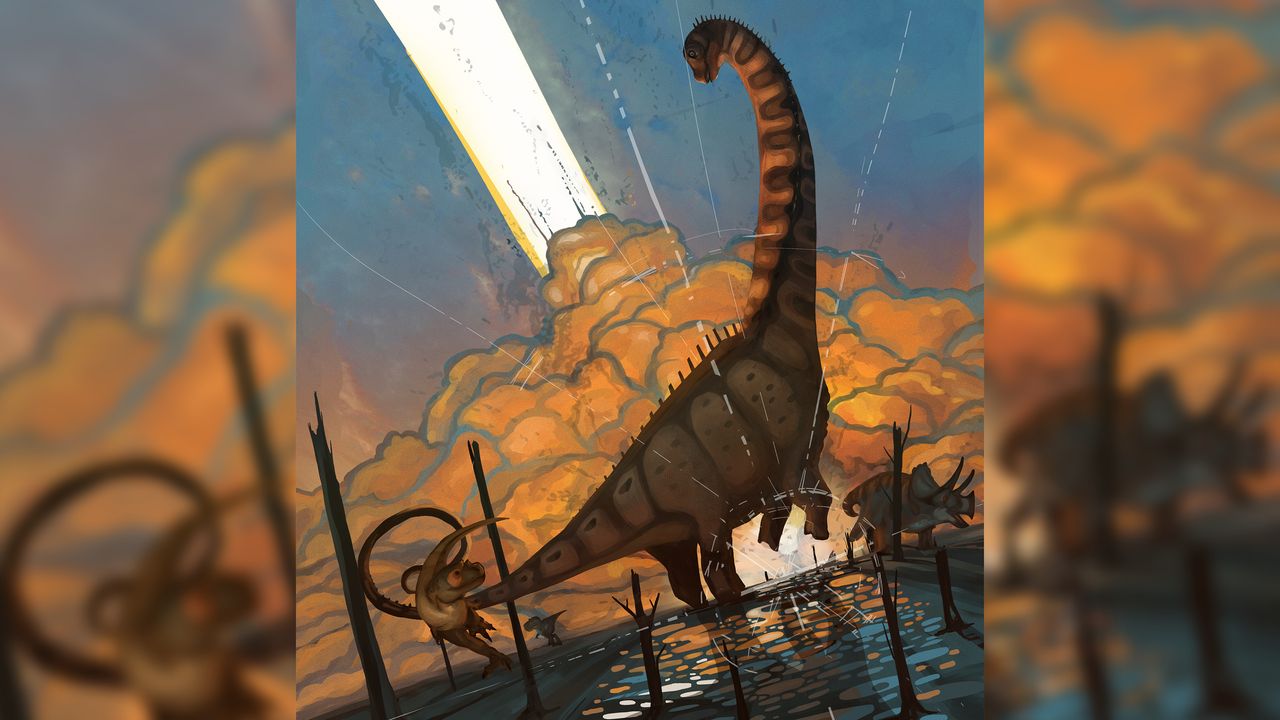The curse of Toumaï: an ancient skull, a disputed femur and a bitter feud over humanity’s origins
NegativeScience

Back in 2001, a team of scientists uncovered a fossilized skull in Chad’s Djurab Desert that some believed could rewrite the story of human evolution. Dubbed "Toumaï," the skull sparked excitement—but also a fierce, decades-long feud among scholars. Some hailed it as a missing link in our ancestry, while others dismissed it as irrelevant. The debate has since devoured careers, friendships, and reputations, turning what should’ve been a scientific breakthrough into a bitter academic battleground.
Editor’s Note: This isn’t just about old bones—it’s a high-stakes clash over who gets to define humanity’s origins. When egos, funding, and legacy collide, even groundbreaking discoveries can get buried under personal rivalries. For anyone who cares about science, it’s a sobering reminder that progress isn’t always clean or fair.
— Curated by the World Pulse Now AI Editorial System





